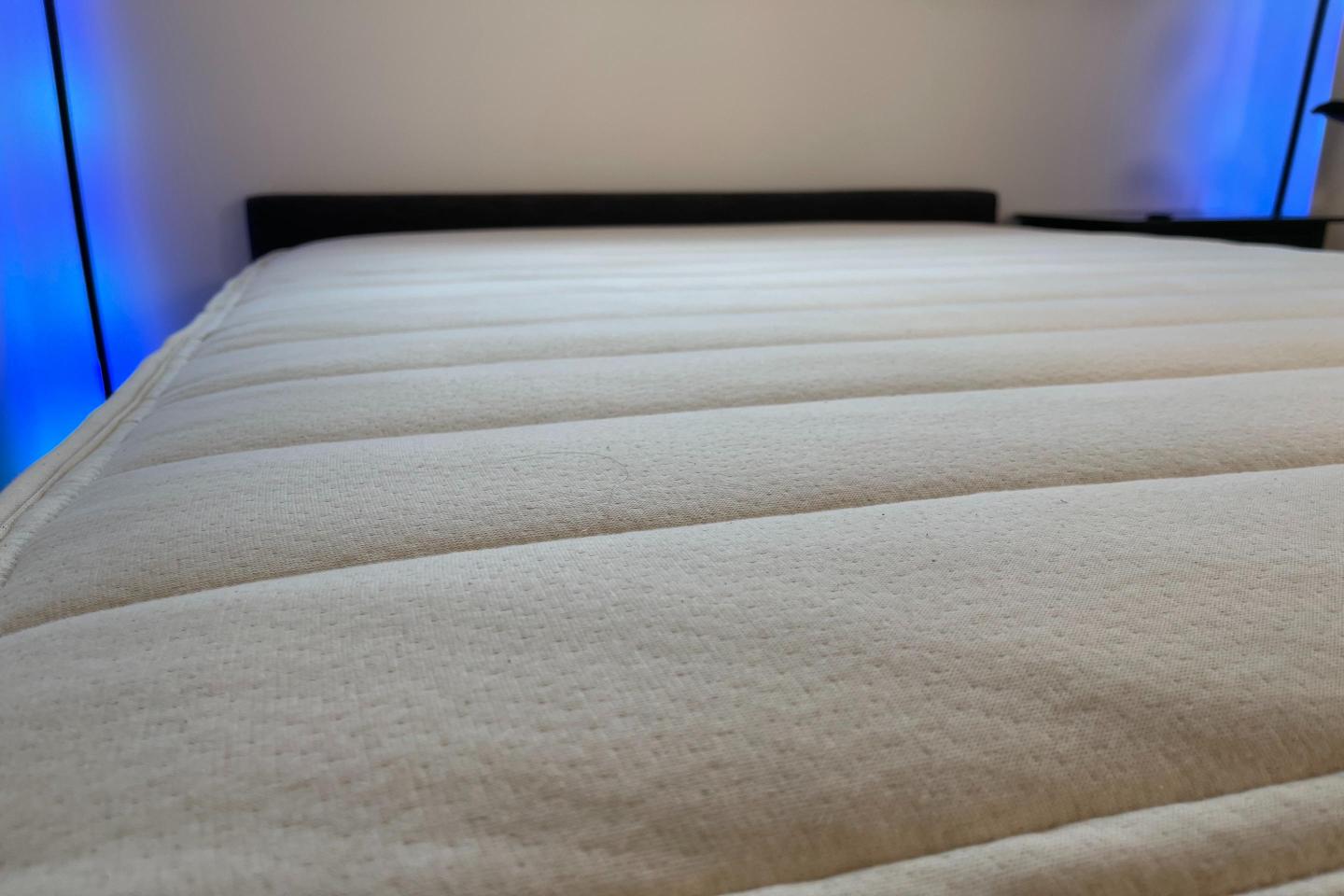Good afternoon, readers! This is Sy.
Embattled drug maker Valeant finally got a bit of good news as the Food and Drug Administration (FDA) approved its bowel cleanser product PLENVU, manufactured by subsidiary Salix. Valeant stock spiked as much as 15% in early Tuesday trading following the FDA approval and an earnings report that raised estimates of its full-year 2018 revenues by $50 million.
One of the reasons for the revenue forecast raise is the strength of Valeant’s Bausch and Lomb arm, which focuses on eye health products—and is the inspiration for a company name change announced by CEO Joseph Papa on Tuesday. Beginning in July, Valeant will be renamed Bausch Health Companies and change its stock ticker to “BHC.”
“It became clear that Bausch Health Companies best represents the company we are today,” said Papa in a statement.
The move, though symbolic, is likely a part of Papa’s efforts to rehabilitate Valeant’s scandal-plagued image as he also attempts to steer the company back to profitability (and tackle the gigantic debt burden undertaken by the drug maker).
It may take a while for investors to return to the flock long-term, though. Valeant stock is still down more than 30% over the past two years.
Read on for the day’s news.
| Sy Mukherjee | |
| @the_sy_guy | |
| sayak.mukherjee@fortune.com |
DIGITAL HEALTH
Digital health care gig economy firm Nomad expands into full-time roles. Nomad Health's digital platform links up doctors and nurses looking for freelance work with hospitals that need to recruit more people in certain specialities. On Tuesday, the company announced that it's expanding its services to include full-time prospective employees after raising $12 million in a Series B funding round earlier this year.
INDICATIONS
Takeda finally lands its Shire deal. Japanese pharma giant Takeda has finally reached a deal to snatch up Dublin, Ireland-based Shire following a months-long back and forth. The final agreement is valued at $62 billion and will give Takeda, which has been looking to expand its global footprint, access to a rare disease drug specialist that also markets popular medications like the best-selling ADHD treatment Vyvanse. (Fortune)
THE BIG PICTURE
How Walmart's opioid decision could affect the addiction epidemic. My colleague Natasha Bach has a great explainer on Walmart's big decision to limit opioid prescriptions delivered through its stores. Walmart "will begin limiting supplies of acute opioid prescriptions to no more than seven days, with up to a 50 morphine milligram equivalent maximum per day," Natasha writes. "The change will come into effect within the next 60 days, and will apply to all Walmart and Sam’s Club pharmacies in the U.S. and Puerto Rico." (Fortune)
Michigan's Medicaid work requirements plan may be discriminatory. Nicholas Bagley and Eli Savit analyze Michigan's controversial proposed plan to force low-income Medicaid recipients to get jobs in exchange for their health benefits for the New York Times. As the duo explains, the current iteration of the work requirements may violate nondiscrimination statutes since it would likely place a higher burden on counties with more African American residents than it would on white, rural regions. (New York Times)
REQUIRED READING
How Smartphones and Social Media Can Steal Childhood, by Bloomberg
Why NYSE's Parent Company Is Building a Bitcoin Exchange, by Polina Marinova
Comcast Is Still Trying to Bust Up the Fox-Disney Marriage. Here's How They Could Do It, by Hallie Detrick
The 13 Best Warren Buffett Quotes from the Berkshire Hathaway Meeting, by Jen Wieczner
| Produced by Sy Mukherjee | |
| @the_sy_guy | |
| sayak.mukherjee@fortune.com |
Find past coverage. Sign up for other Fortune newsletters.











